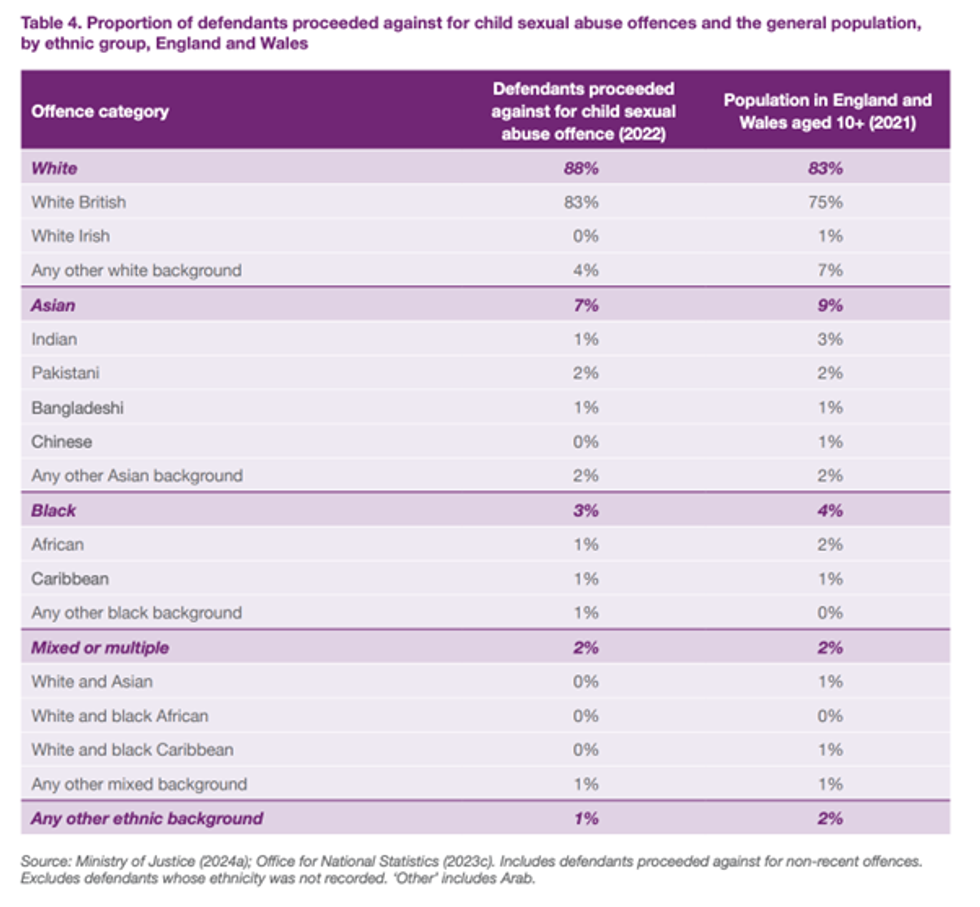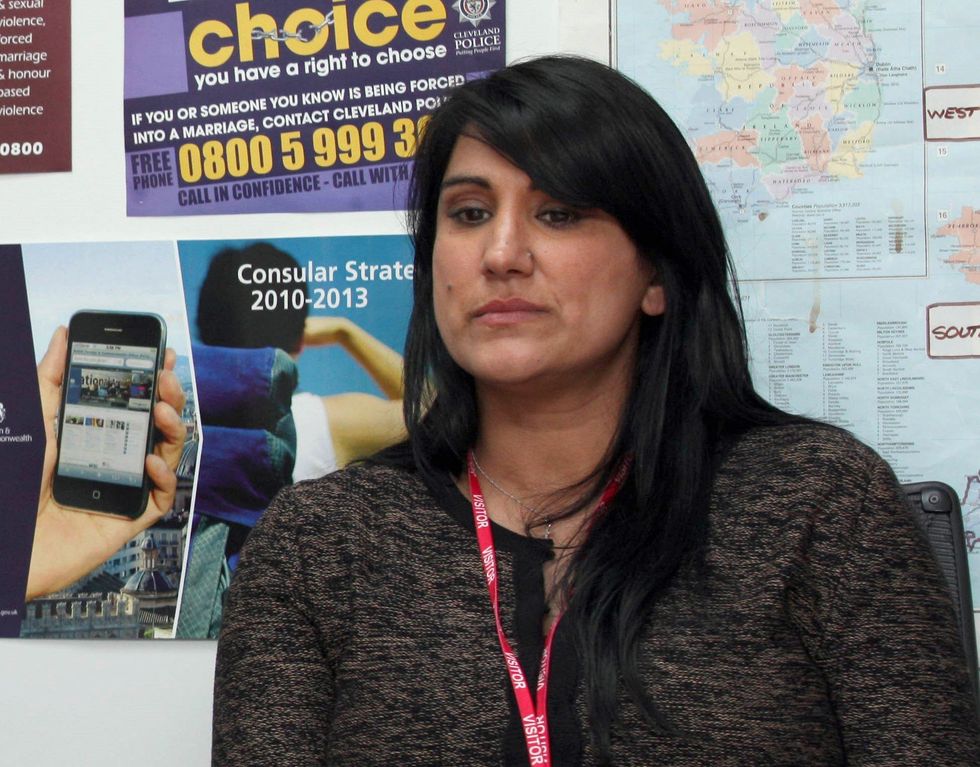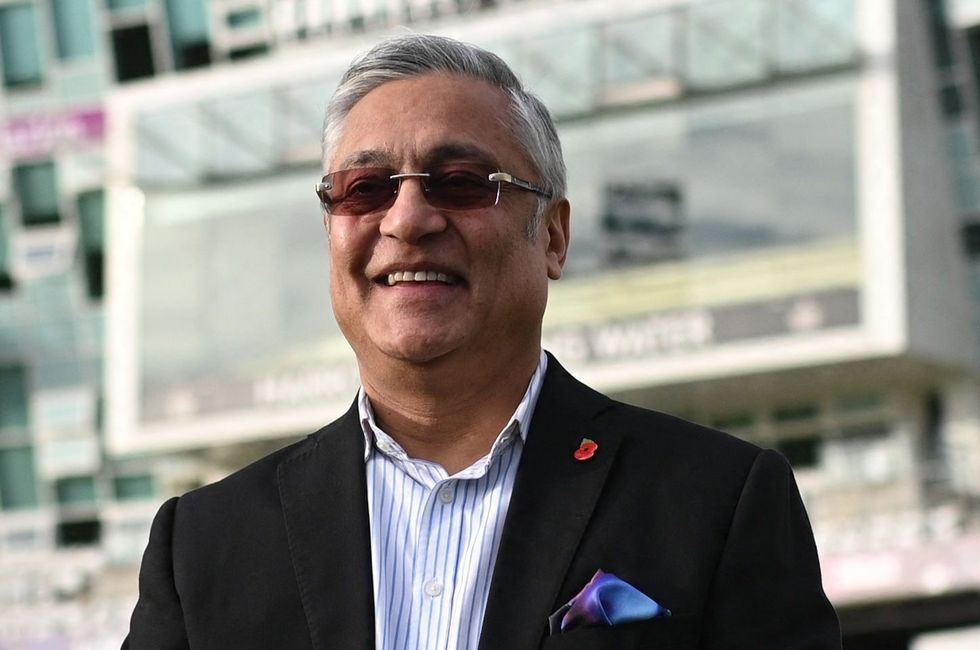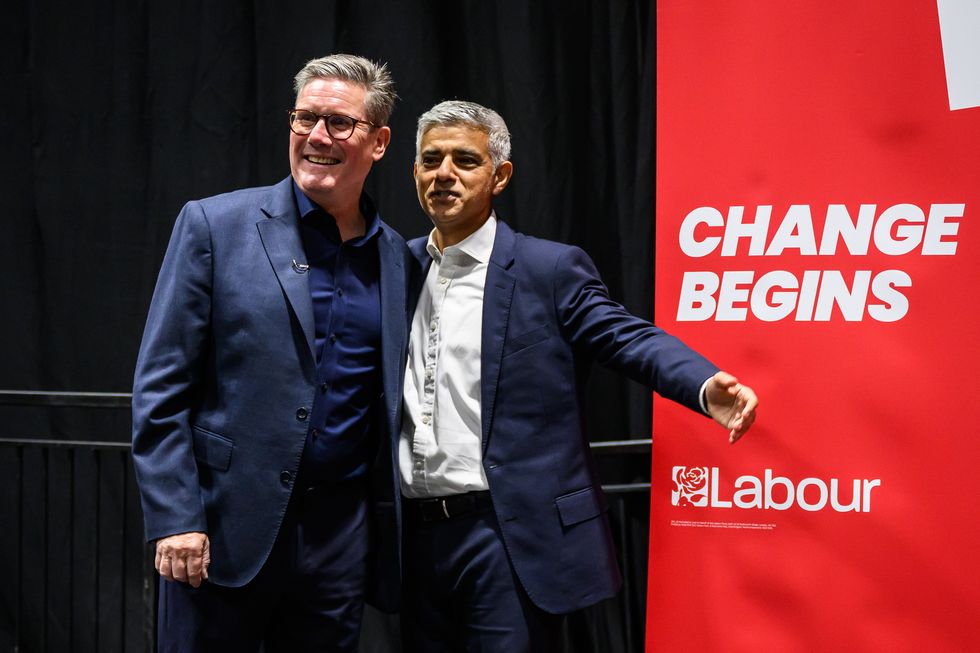A new research has revealed that black and Asian people with darker skin in UK can suffer prejudice and insults from family members with lighter skin.
It added that family members with darker skin were sometimes stigmatised by their parents, siblings and other relatives.
As part of the research Dr Aisha Phoenix, of King’s College London, and Dr Nadia Craddock, of the University of the West of England, interviewed people aged 19-60, including doctors, social workers, students, civil servants, an accountant and a train driver.
They wanted to understand the way that people of colour face more discrimination if they have darker skin and features that are further from those associated with white people.
Almost half of the 33 people interviewed said that they had witnessed it or been the target.
“Families play a central role in shaping ideas about skin shade. Within families children with light skin were often favoured, while those with dark skin were stigmatised and subjected to insults and bullying," said Dr Phoenix at the British Sociological Association’s annual conference in Manchester.
According to Dr Phoenix, some families reproduced prejudices common in wider society that 'darker skin was imbued with negativity'.
“People of colour with dark skin can be subjected to prejudice and discrimination from both members of their own families and society at large. The internalised colourism within some families contributes to the prejudice. However, some families resist colourism and work to instill positive ideas about dark skin or all skin shades," she said.
A 51-year-old black woman respondent's father told her that she was black and ugly like my grandmother when she was just 13.
“Sometimes extended family would compare and ask questions like, ‘How come your sister is so much lighter than you?’ And I remember somebody asked me, ‘How come you’re darker than your sister? Do you not scrub your skin properly in the shower?," said a 31-year-old British Pakistani woman.
A 22-year-old black man said that his oldest brother, who was lighter, used to make jokes about his other brother’s skin tone.
A 31-year-old south Asian woman said: “I have a few friends who are dark-skinned and Asian and they attribute as one of the reasons they’re not married to their skin colour, because the traditional way of arranged marriages is your mum would get a call from the groom’s mum and one of the first questions they ask is ‘What is your daughter’s skin colour?’”
Another south Asian woman told the researchers that her mother used to say that she will only find a boy if she is fairer.
A 45-year-old black man said: “We grew up in an environment where even we ourselves felt that it was nicer to be lighter. I can remember my grandmother making references to lighter people being more beautiful. It’s what we are taught from when you’re younger. You learn these things.”
Some of the black respondents said that their family told them about being proud and understanding why colourism and racism exists and being proud of the amazing things that their culture has done.



















 'Sorting out the lack of social care in the community needs to be a priority'
'Sorting out the lack of social care in the community needs to be a priority'

 Jasvinder Sanghera (Photo by Jon Bond - WPA Pool/Getty Images)
Jasvinder Sanghera (Photo by Jon Bond - WPA Pool/Getty Images) Lord Kamlesh Patel
Lord Kamlesh Patel Lord Karan Bilimoria
Lord Karan Bilimoria Poppy Jaman
Poppy Jaman
